- Joined
- Dec 11, 2006
- Messages
- 18,743
- Reaction score
- 8,047
- Location
- Mid-Atlantic US
- Website
- www.lewlortonphoto.com
- Can others edit my Photos
- Photos NOT OK to edit
I looked at slackercruster's stuff and while I liked some a lot and hated others, I have to respect him and his work, because he is working at it to show what he sees and not just trying to reflect what a mirror catches.
The image completely overwhelms what we might conceive of as technical faults.
Who cares about technical stuff being 'right'?
It's the image that is 'right'.
That's making art, you might not like it, it may not in some absolute terms be any good, but it is creating art.
The image completely overwhelms what we might conceive of as technical faults.
Who cares about technical stuff being 'right'?
It's the image that is 'right'.
That's making art, you might not like it, it may not in some absolute terms be any good, but it is creating art.


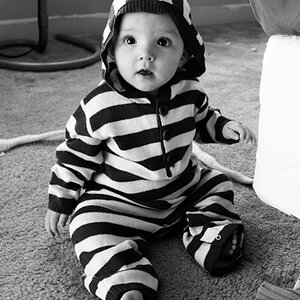

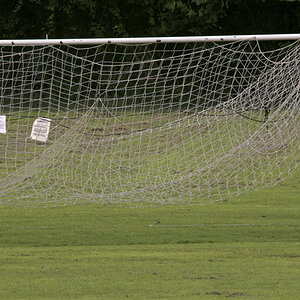
![[No title]](/data/xfmg/thumbnail/35/35868-15d995e4052bf05e2038e8b2a545a08f.jpg?1619737195)

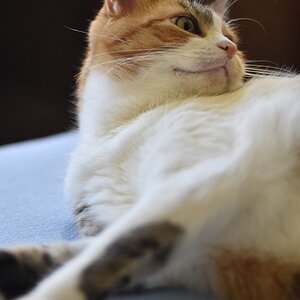
![[No title]](/data/xfmg/thumbnail/37/37606-3c9ffb5906173fa2aa489341967e1468.jpg?1619738148)
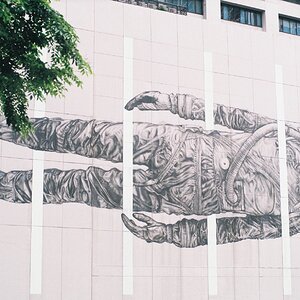
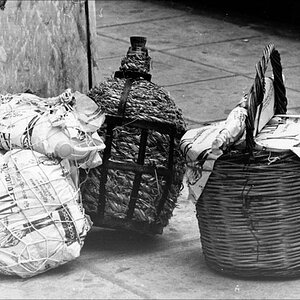
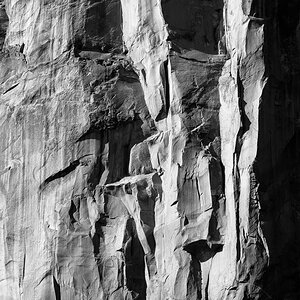
![[No title]](/data/xfmg/thumbnail/37/37487-ad3e64cc240e01884ca21a4f8e500b26.jpg?1619738111)
